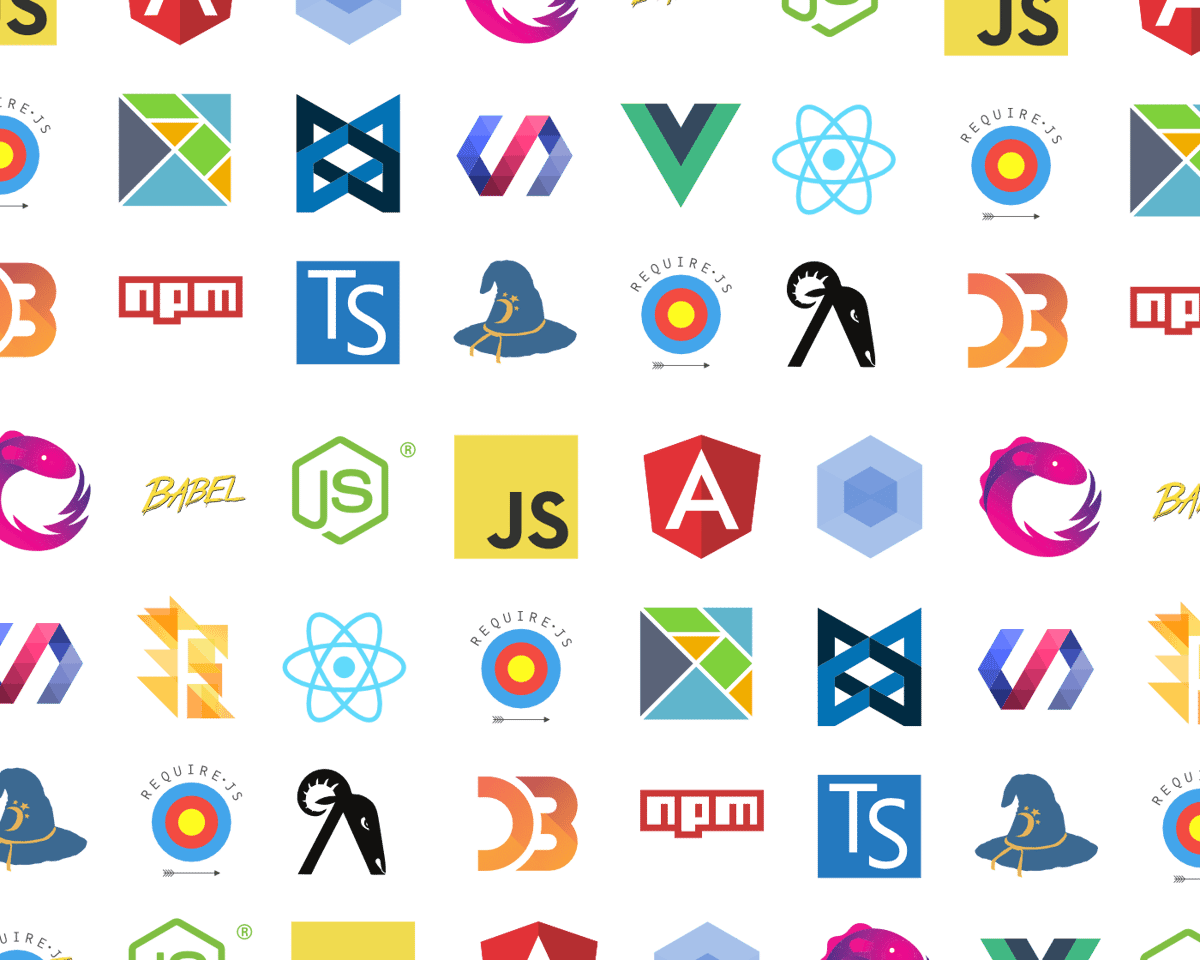As a full-stack developer, it can be tempting to constantly chase the latest and greatest frameworks in the hope of staying current and in demand. While keeping up with the latest technologies is important, it's even more important to understand and master the underlying fundamentals of software development.
One common pitfall is the tendency to jump from one framework to another, thinking that this will somehow magically make you a better developer. However, the truth is that frameworks come and go, and it's much more valuable to have a solid understanding of the underlying principles that drive all software development.
For example, let's say you're a developer who has been using React for a while, and you decide to switch to Preact because it's supposed to be faster and lighter in weight. While there may be some benefits to using Preact, you'll still need to understand how React works in order to effectively use Preact. In other words, the time you spend learning React will not be wasted if you later decide to switch to Preact (or any other framework).
This is not to say that frameworks are not useful or important. They can certainly make your life as a developer easier by providing a set of pre-built components and tools that you can use to quickly build applications. However, it's important to understand that frameworks are built on top of the fundamentals, and if you don't understand those fundamentals, you'll be limited in your ability to effectively use the framework.
"The most important thing in programming is not what you know, but how you approach solving problems." - Sean Duncan

Collection of JavaScript Frameworks: Copyright by Jose Aguinaga
So, what should you focus on instead of constantly chasing the latest and greatest frameworks?
I would recommend to you:-
1. Learn and master a programming language
Whether you prefer Python, JavaScript, Java, or something else, it's important to have a deep understanding of at least one programming language. This means understanding not only the syntax and basic constructs, but also the underlying principles of how the language works. Knowing one language well will help you later master other languages also. But there is no point knowing 20% of 10 frameworks or languages. That will only waste more time.
2. Understand data structures and algorithms
A strong understanding of data structures and algorithms is essential for any developer. These concepts underlie much of the work we do as developers, and being able to effectively use and manipulate data is key to building efficient and scalable applications. Most data structures are pretty much common to all languages and frameworks. The only difference is syntax. Once you understand these in any one framework, you will be able to code in other frameworks as well. It will only be a matter of syntax.
3. Learn and understand design patterns: Design patterns are proven solutions to common problems that arise in software development. Understanding these patterns will allow you to write more organized and maintainable code, and will make you a more effective developer overall. One of the biggest mistakes developers make is not understanding the value and right usage of design patterns. There are tons of articles and videos, go ahead and master them. Again when you do that, start with a couple of design patterns and do not jump from one to another just to increase the count of design patterns you know.
4. Build projects: The best way to truly understand and master any skill is to practice it. Building projects on your own will give you the opportunity to apply the concepts you've learned and will help you develop your skills and abilities as a developer. When you are building projects, make sure to take your project to the end. Do not leave it in between otherwise you won't be able to master fundamentals.
But even while following the above, you might have the temptation of jumping to a different framework. Here is how you can avoid it
Here are a few tips to avoid temptations:-
1. Set clear goals for your learning
Instead of trying to learn every new framework that comes along, set specific goals for your learning. For example, you might decide to focus on mastering a particular programming language or learning a specific set of design patterns. By setting clear goals, you'll be less likely to get sidetracked by the latest shiny framework.
2. Take breaks from learning
It's important to take breaks and give yourself time to rest and recharge. When you're constantly learning and trying to keep up with the latest technologies, it can be easy to burn out. Taking breaks will allow you to come back to your learning with a fresh perspective and will help you stay motivated and focused.
3. Find a mentor or community of like-minded developers
Having someone to guide and support you in your learning can be incredibly helpful. A mentor or a community of like-minded developers can provide valuable advice and encouragement and can help you stay focused and on track.
By setting clear goals, taking breaks, and finding support, you'll be better able to avoid the temptation of constantly jumping from one framework to another and can focus on mastering the fundamentals of software development.
If you want to take this to another level and become a good engineer, I would highly suggest starting reading books to improve your coding skills
“Clean Code: A Handbook of Agile Software Craftsmanship” by Robert C. Martin
This book is a must-read for any developer looking to improve their coding skills and practices. It covers key principles of clean code, such as how to structure and format code for maximum readability, how to name variables and functions for maximum clarity, and how to write code that is easy to test and maintain. The book also includes practical tips and examples for applying these principles in real-world projects.
“The Pragmatic Programmer: From Journeyman to Master” by Andrew Hunt and David Thomas
This book is a classic for any developer looking to improve their skills and career prospects. It covers a wide range of topics, including how to become a more effective programmer, how to write better code, and how to navigate the challenges of a rapidly-changing industry. The book is full of practical advice and real-world examples, making it a valuable resource for developers at any stage of their career.
“Design Patterns: Elements of Reusable Object-Oriented Software” by Erich Gamma, Richard Helm, Ralph Johnson, and John Vlissides
This book is a must-read for any developer working on object-oriented software projects. It introduces the concept of design patterns, which are proven solutions to common design problems in software development. The book covers 23 classic design patterns, including examples of how to implement each one in code. This book is an essential reference for any developer looking to write maintainable, scalable, and reusable code.
“Code Complete: A Practical Handbook of Software Construction” by Steve McConnell
This book is a comprehensive guide to software construction, covering a wide range of topics from design and testing to debugging and refactoring. It is full of practical advice and examples, making it a valuable resource for developers looking to improve their coding skills and practices. The book also includes a detailed discussion of code quality and how to write code that is easy to read, understand, and maintain.
“Cracking the Coding Interview: 189 Programming Questions and Solutions” by Gayle Laakmann McDowell
This book is a must-read for any developer preparing for a technical interview. It includes 189 programming questions and solutions, covering a wide range of topics that are commonly covered in software engineering interviews. The book also includes tips and strategies for tackling different types of questions and acing the interview. Whether you’re an experienced developer or just starting out, this book is a valuable resource for anyone looking to succeed in the competitive world of software development.
In conclusion, while it's important to keep up with the latest technologies and frameworks, it's even more important to understand and master the underlying fundamentals of software development. By focusing on these core concepts, you'll be better equipped to effectively use any framework that comes your way, and you'll be a more well-rounded and valuable developer as a result.
Photo by Fabio Comparelli on Unsplash







